MURFREESBORO, Tenn. — Career Development Center staff from Middle Tennessee State University recently shared strategies for successfully working with students entering the workforce who identify with high anxiety at a global conference in San Diego, California.

Described as the world’s first and longest-running career development association, the National Career Development Association, or NCDA, hosted its annual global conference in late June with a theme of “The Interconnection of Career Development and Mental Health.”
Held in late June, the conference focused on the critical link between career planning and mental well-being.
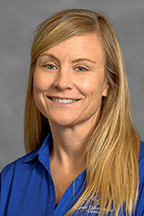
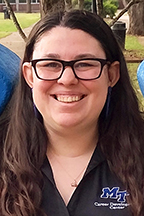
Beka Moore, director of MTSU’s Career Development Center, and Victoria Sexton, career advisor, presented on the topic, “Squashing Anxiety: Strategies to Promote Personal Growth, Career Development, and Building Confidence,” which included theory-based strategies to help students overcome anxiety connected to entering the workforce.
“We joked beforehand that we would be thrilled if 10 people attended our session,” said Moore. “To our surprise, this subject resonated deeply, and we were delighted to see the room fill to capacity with about 75 attendees, with some even sitting on the floor and others standing throughout.”
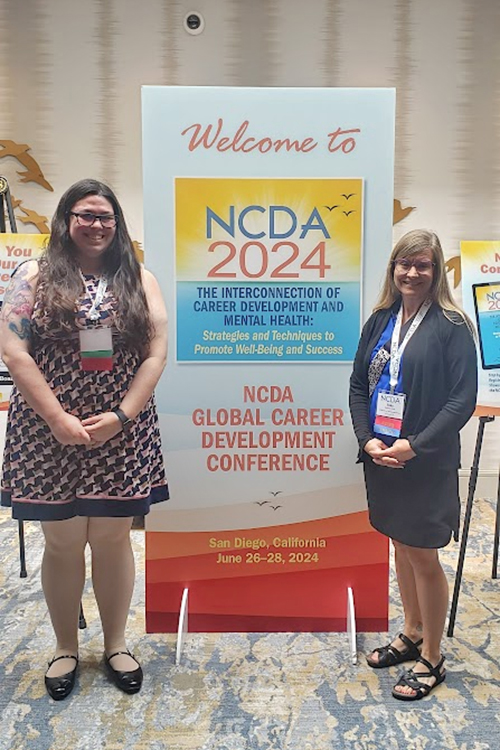
The presentation incorporated findings from a study conducted earlier this spring by the Career Development Center titled, “The Interconnection Between Career Development and Feelings,” which explored students’ primary concerns and emotional responses to career preparation. The study also examined if students identified with feelings before and after an engagement with the career development office.
According to the study, the technical term for anxiety is a “mental condition characterized by excessive apprehensiveness about real or perceived threats, typically leading to avoidance behaviors and often to physical symptoms such as increased heart rate and muscle tension.”
In addition, observations by Career Center staff and feedback from students highlighted increased anxiety about entering the job market since the pandemic. In response, the center has developed strategies and educational programs to ease this transition.
Moore believes understanding the connection between career and mental health is crucial for guiding students and clients.
“These experiences reaffirm the importance of our work and the impact we can have on helping others navigate their career journeys,” said Moore.
“One of my favorite quotes captured was from an amazing mentor, Rich Feller, who said, ‘We are navigating a lifetime of life role transitions.’ As I come upon my fifth anniversary at MTSU, nothing has resonated truer,” she added.
The career center has been proactive in addressing the challenges faced by students entering the workforce and offers various services and resources to assist students with career planning, including:
- Resume review.
- Interview prep.
- Starting a plan for after college.
- Job search coaching.
- On-campus job searching.
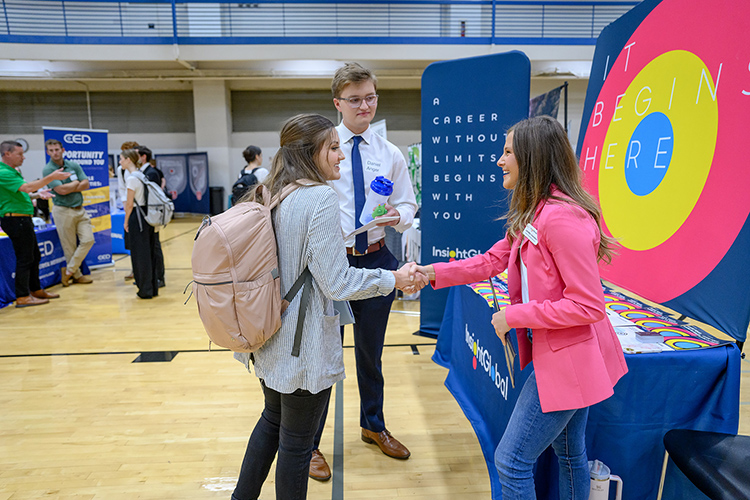
The center strives to inspire and educate students to become lifelong managers of their careers while seeking to enhance the university’s culture by building a diverse, inclusive, and equitable community of support, connecting all students to resources, people, and experiences for a successful transition from college.
For more information about the Career Development Center, visit https://www.mtsu.edu/career/.
— Johari Hamilton (Johari.HamiltonGA@mtsu.edu)

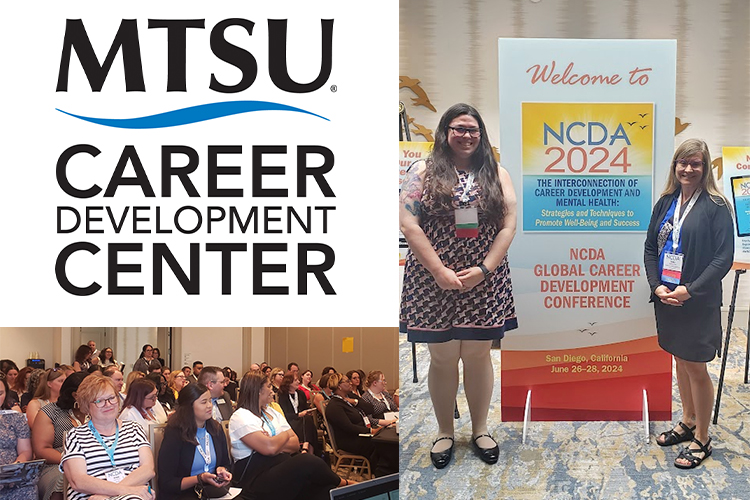
COMMENTS ARE OFF THIS POST